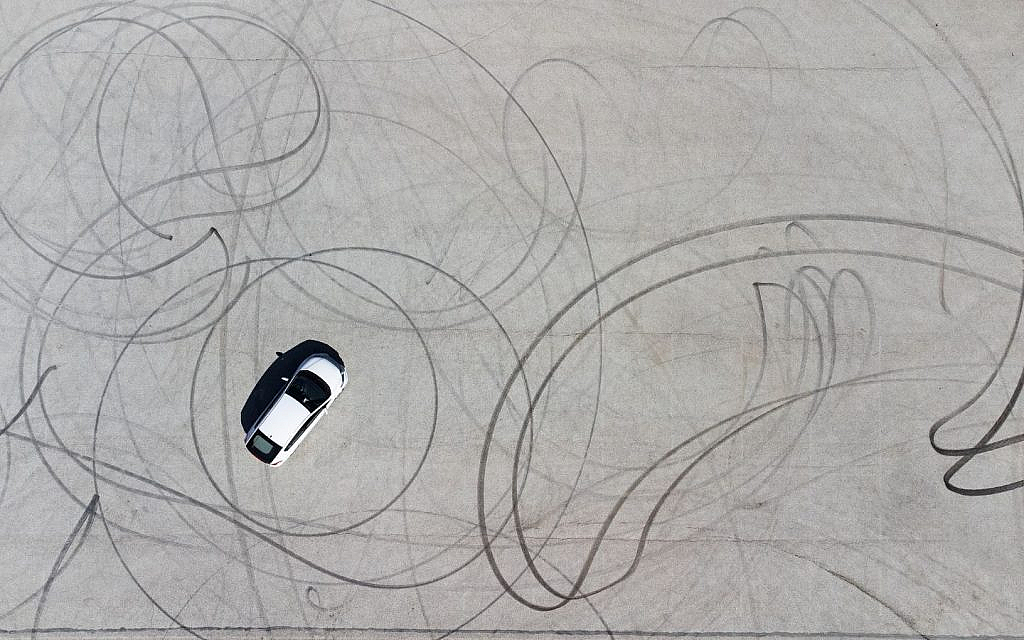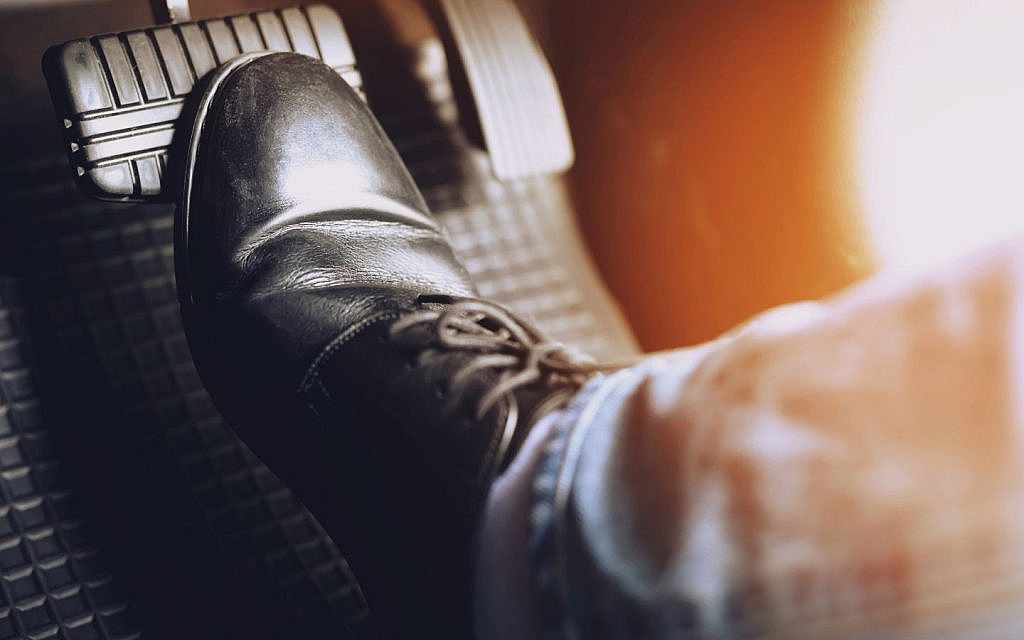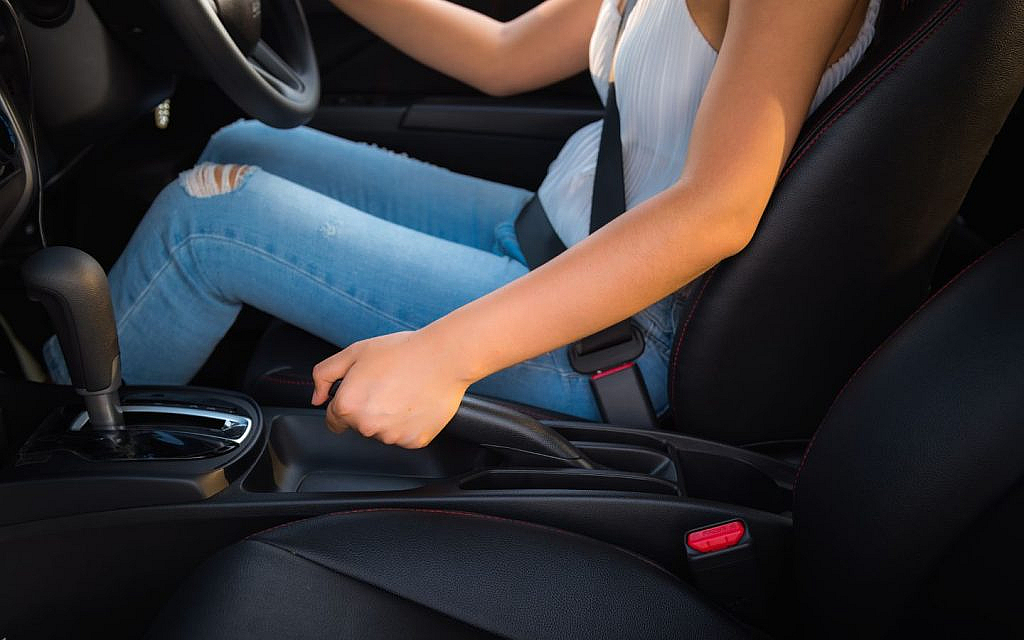Is it Possible to Drift in an Automatic Car
Drifting, often considered a manual driver’s skill, traditionally relies on clutch control and precise gear timing. With proper setup and driver skill, automatic cars can achieve controlled drifts comparable to manual vehicles, though with slightly less precision in power modulation. With the right setup and understanding of weight transfer, automatic vehicles can deliver smooth, controlled slides comparable to those of manual transmission models.
Understanding the Fundamentals of Drifting
To successfully drift a car, it’s crucial to understand the fundamental principles that enable any car to drift effectively. These principles remain the same regardless of transmission type or drivetrain setup. Doing so also helps debunk common drifting myths, such as the belief that only manual cars can perform controlled slides.
Weight Transfer
The foundation of drifting is based on moving the car’s weight to loosen rear-wheel grip. This imbalance allows the back end to slide while maintaining steering control. The driver can achieve weight transfer through steering input, throttle pressure or a quick handbrake pull.
Oversteer and Countersteering

Oversteer occurs when the rear tyres lose traction and begin to slide outward. The driver must then countersteer to stabilise the car. This is achieved by turning the wheel in the opposite direction of the slide.
Throttle Control
Sustaining a drift requires precise throttle management. Too little power straightens the car, while too much can cause a spin. Consistent wheelspin, aided by improved throttle response, is key to maintaining a controlled slide.
Preparing an Automatic Car for Drifting
Drifting performance in an automatic car depends heavily on preparation and setup. Here are the key components to focus on for optimal control and performance:
Tyres and Wheels
Use durable tyres that can handle high heat and stress. Harder rear compounds make initiating drifts easier, while stickier front tyres improve steering precision. Lightweight drift wheels with correct offsets enhance control and reduce strain.
Brakes
Upgrading to ceramic or performance brake pads ensures consistent braking. Pads with lower operating temperatures are ideal for both street and track use, as they deliver stability without needing extreme heat to function effectively.
Suspension and Steering

Coilovers designed for drifting reduce body roll and improve weight transfer. Installing an angle kit increases steering range and makes it easier to catch and hold slides.
Differential and Transmission Cooling
A limited-slip differential for drifting ensures both rear wheels spin together, allowing smoother power delivery during a slide. Additionally, a transmission cooler helps prevent overheating, as automatic gearboxes generate significant heat under continuous load.
How to Drift an Automatic Car
Once your automatic car is properly set up, you can start practising your technique in a safe environment. Practising these methods in a safe environment is essential, especially for enthusiasts pursuing drifting in the UAE, where open spaces provide the perfect setting.
Note: Drifting in the UAE is only allowed in designated areas approved by authorities.
Disable Traction Control
Turn off stability and traction control systems to allow freer wheelspin and better throttle response.
Perform a Burnout
Hold the car brake lightly and apply the throttle to spin the rear tyres. This helps heat them up and familiarises the driver with throttle sensitivity.
Initiate the Drift
There are several ways to start a drift in an automatic car:
- Feint Drift (Scandinavian Flick): Quickly steer in the opposite direction, then turn sharply into the corner to shift the car’s weight and unsettle the rear.
- Handbrake Initiation: Pull the handbrake briefly while steering into the corner. Maintain the throttle to keep the car’s engine power steady.
- Power Over: Apply a burst of throttle to overpower rear grip and begin the slide.
Maintain and Control the Drift
Countersteer to manage the drift angle, keeping constant throttle input. In an automatic, this requires precise coordination, as there is no clutch to help modulate wheel speed.
Use the Handbrake for Transitions

The handbrake can act as a reset tool during direction changes. A light pull while countersteering helps sustain momentum between corners.
Throttle and Gear Management
Use manual mode or paddle shifters to hold the car in its power band. Smooth throttle adjustments prevent the tyres from suddenly regaining traction.
Does Drifting Damage an Automatic Transmission?
Drifting with an automatic car can increase heat and stress on the gearbox. Regular maintenance helps prevent damage. To reduce wear:
- Change transmission fluid frequently
- Use a transmission cooler to prevent overheating
- Avoid excessive abuse during long drift sessions
FAQs
Can you drift an automatic car or do you need a manual gearbox?
Yes, you can drift an automatic car. A manual gearbox is not essential as modern automatics can achieve similar control when properly set up.
Which transmission features (manual mode, paddle shifters, torque converter) help drifting in an automatic?
Manual shift modes, paddle shifters and high-stall torque converters enhance control for better performance during automatic drifting.
Is an LSD (limited-slip differential) necessary to drift an automatic car?
Yes, a limited-slip differential for drifting is essential as it ensures both rear wheels spin together.
The notion that automatics cannot drift is passé. Drifting an automatic car may differ from traditional manual drifting, yet it is fully achievable with proper knowledge and preparation. By focusing on weight transfer, throttle balance and steering precision, drivers can experience controlled slides with the same accuracy.
The choice of car greatly influences driving precision and overall performance. To experience optimal control and responsiveness, explore these used cars for sale in the UAE and find the one that matches your driving goals.
To learn more expert driving tips, car care advice and performance techniques, keep exploring dubizzle’s auto blog.
Comments
Post a Comment